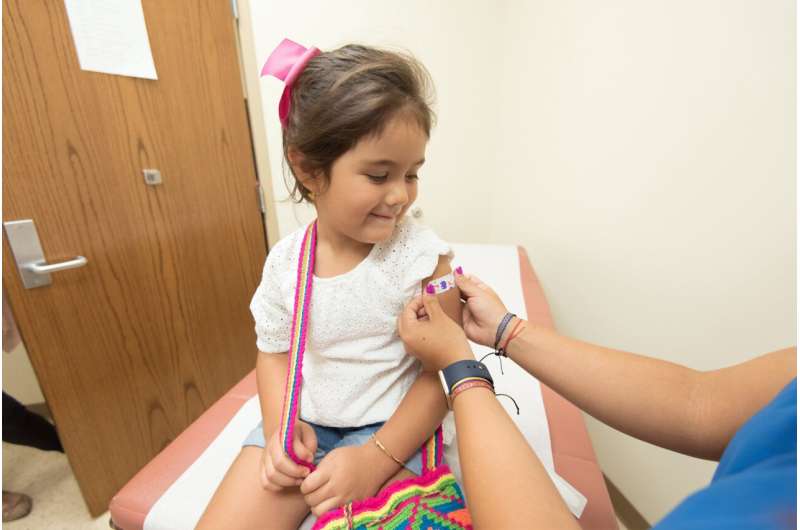American Heart Association Launches Initiative to Improve Surgical Treatment of Hemorrhagic Stroke

The American Heart Association launches a nationwide initiative to enhance surgical treatment options for hemorrhagic stroke, aiming to reduce mortality and improve recovery outcomes through innovative minimally invasive techniques.
The American Heart Association (AHA) has announced a new nationwide effort aimed at enhancing the surgical management of hemorrhagic stroke, also known as intracerebral hemorrhage (ICH). Hemorrhagic strokes, although accounting for only about 13% of the roughly 800,000 strokes annually in the United States, are responsible for over 40% of stroke-related deaths, highlighting their severity and the urgent need for improved treatment protocols.
Currently, standardized surgical approaches for hemorrhagic stroke have been lacking, which limits options for effective patient recovery. In response, the AHA is launching the Hemorrhagic Stroke Surgical Quality Improvement Initiative. This program seeks to promote adoption of evidence-based surgical techniques, including minimally invasive procedures like minimally parafascicular surgery (MIPS). MIPS uses a specialized tubular retractor to navigate through the brain's folds, allowing surgeons to remove clots with minimal damage to surrounding tissue. Emerging research indicates that when performed within 24 hours of a brain bleed, MIPS can lead to better recovery outcomes at six months compared to traditional treatments.
Kevin Sheth, M.D., FAHA, and chair of the AHA’s ICH Science Advisory Group, emphasized the importance of data sharing and collaborative learning. "The ability to share data and accelerate learning is critical to improving stroke care," he stated. "Through this initiative, we aim to reduce the devastating outcomes associated with hemorrhagic stroke by improving access to surgical interventions proven to enhance patient recovery."
Fifteen hospitals across the United States will participate in a collaborative effort, utilizing data from the AHA’s Get With The Guidelines—Stroke registry, which tracks most of the nation’s stroke hospitalizations. These institutions, including prominent centers like Massachusetts General Hospital, Cleveland Clinic, and Yale-New Haven Hospital, will analyze their care data to identify successful models that can be scaled nationally.
Participating sites were selected based on their leadership in minimally invasive surgical techniques, readiness of infrastructure, and interest in expanding ICH surgical options. This initiative aims to standardize and improve surgical care for hemorrhagic stroke patients, ultimately striving to save lives and improve outcomes.
Stay Updated with Mia's Feed
Get the latest health & wellness insights delivered straight to your inbox.
Related Articles
Natural Microbial Molecule Offers Promising Non-Toxic Approach to Restore Liver and Gut Health
Discover a natural microbial compound that effectively heals liver and gut damage caused by toxins like aflatoxin, offering a promising non-toxic therapy for liver and metabolic diseases.
How Blood and Ultrasound Biomarkers Improve Prediction of Liver Transplant Outcomes
Recent studies reveal how blood and ultrasound biomarkers can predict outcomes after liver transplantation, aiding in personalized patient care and improving survival rates.
New Study Confirms Effectiveness of Updated COVID-19 Vaccines in Preventing Severe Illness and Death
New research confirms that the 2023–2024 updated COVID-19 vaccines significantly reduce severe illness, hospitalization, and death, especially among high-risk adults, highlighting the importance of booster doses amid virus evolution.



